Religion is the opium of the masses
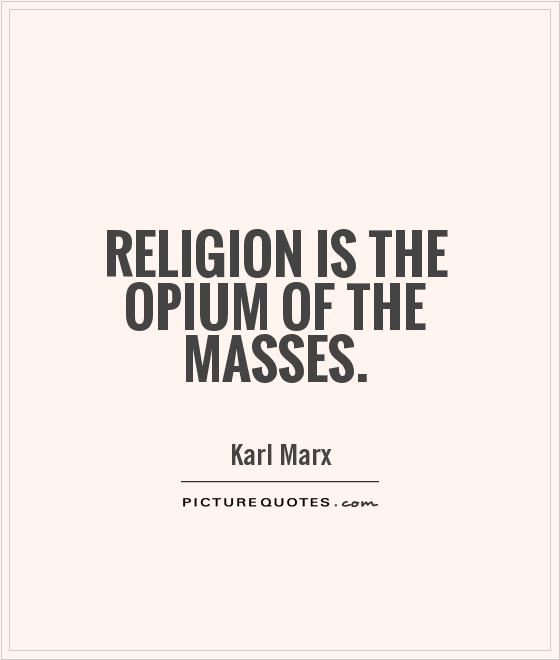
Religion is the opium of the masses
Karl Marx, the renowned philosopher, economist, and sociologist, famously stated that "religion is the opium of the masses." This provocative statement has sparked much debate and discussion over the years, as it challenges the role of religion in society and its impact on the masses.Marx's assertion can be interpreted in several ways. One interpretation is that religion serves as a form of escapism for the masses, providing them with comfort and solace in times of hardship and suffering. Just as opium dulls pain and provides a temporary sense of euphoria, religion can offer a sense of hope and purpose to those who are struggling in their daily lives. In this sense, religion can be seen as a tool used by the ruling class to pacify and control the working class, preventing them from rising up against their oppressors.
Another interpretation of Marx's statement is that religion acts as a distraction from the harsh realities of the world, preventing individuals from questioning the status quo and seeking to bring about social change. By focusing on the afterlife and the promise of salvation, people may become complacent and resigned to their current circumstances, rather than actively working to improve their lives and the lives of others. In this way, religion can be seen as a form of false consciousness that perpetuates inequality and exploitation.
However, it is important to note that Marx's critique of religion should not be interpreted as a dismissal of spirituality or personal beliefs. Rather, he was highlighting the ways in which organized religion can be used as a tool of social control and manipulation. Marx believed that true liberation could only be achieved through the overthrow of the capitalist system and the establishment of a more equitable and just society.


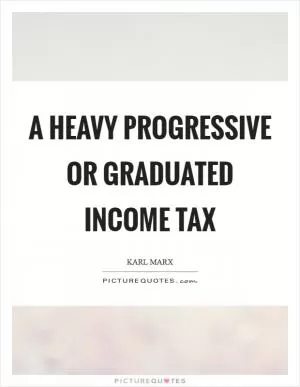
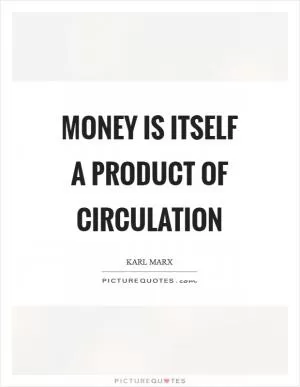
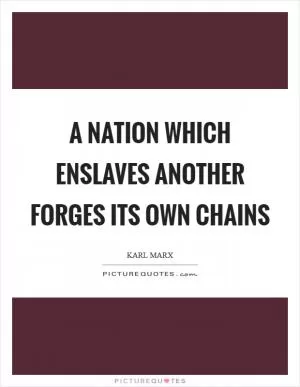



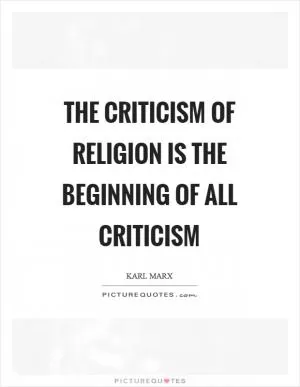



 Friendship Quotes
Friendship Quotes Love Quotes
Love Quotes Life Quotes
Life Quotes Funny Quotes
Funny Quotes Motivational Quotes
Motivational Quotes Inspirational Quotes
Inspirational Quotes